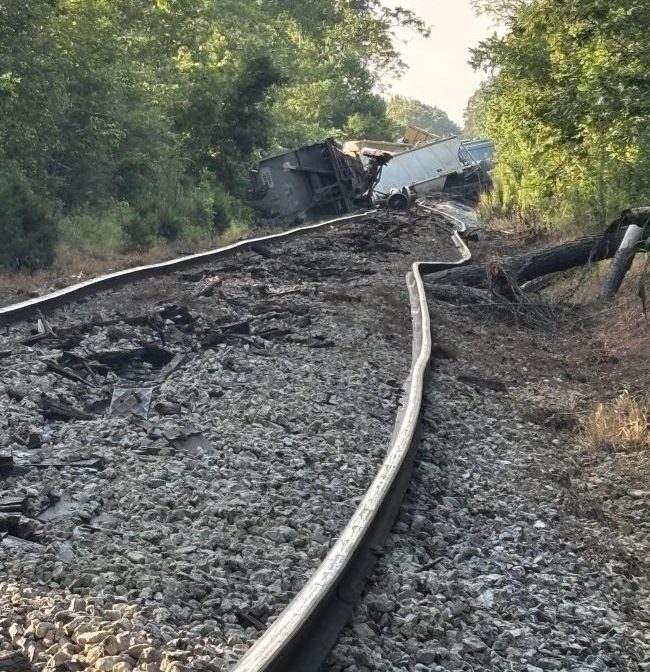Rupert Howell Column
Published 12:00 am Tuesday, October 14, 2008
What happened?
Trending
I wasn’t a child of the Great Depression, but my parents were.
Sometimes I wondered if it wasn’t tougher being a child of a child of the Depression.
Trending
We were taught to get every “smidgen” from the peanut butter or mayonnaise from the jar. Our parents told us not to leave a light on in an unoccupied room so as not to waste electricity and not to fill the tub with “too much” hot water causing the water heater to use more power than necessary. We bought new clothes when the old ones either didn’t fit or were worn out. We were taught to save for expensive wants and hard times. We were taught to maintain our stuff for extended use and attempt to repair things or replace parts rather than trash them to buy new. We were told to let our “in-come” be more than “out-go.”
The rules have changed and I’m kind of mad about it. Matter of fact, I’m real mad.
That “live-within-your-means” mentality is apparently non-existent as our government seems poised to bail out those who pushed the limits and overextended credit to many who were not qualified or able to repay high mortgage payments.
Don’t get me wrong, our country has thrived on the American dream of raising a family in a house you own with two dogs in the yard. Everybody needs the opportunity to buy their own home.
But someone added a second story, a three or four car garage, swimming pool and tennis courts to the mix.
This is not unlike the mentality that stuffs our mailboxes and infiltrates our campuses with credit card applications for teenagers awaiting college entry, not yet ready for adulthood responsibilities but desiring all amenities their parents have acquired.
Any car salesman in town can tell you that if the car owner owes more for the car than the car is worth, there’s trouble down the road. Why couldn’t our educated, experienced financial regulators sense the same with houses?
What about the couple who lived in the smaller house, drove older model cars, paid for their childrens’ tuitition and carefully saved a little in IRAs and 401Ks.
Well, they really got shafted. Their retirement funds have decreased by one-quarter to one-third and they will be forced to pay so that Uncle S. Claus can bail. And they won’t have a big house to show for it.
According to recently published reports, the Mississippi Public Retirement System pension contributors totalling185,000 state workers, including public school teachers, MDOT employees, county and municipal workers, pays out benefits to another 78,000 retirees.
That organization reports the value of the fund declined from $21.9 billion in Fiscal Year 2007 to a current $17.6 billion. Although PERS reiterates that it is financially sound, that’s a $4.3 billion or 20 percent decrease — the first in six years.
The reason given is that PERS held over 4 million shares of stock in Lehman Brothers, AIG, Washington Mutual Bank and Wachovia Bank – banks, investment and insurance firms whose losses hastened the federal bailout.
Locally many depend on state retirement checks as Batesville is the hub for several state agencies. Although participants for years reaped benefits from the financially sound, often praised retirement system, they may soon experience the down side of investing.
Life isn’t always fair but we do live in a society that offers an opportunity for recourse. As most of us with savings and retirement have taken a hit, we need to look to the ballot box not so much for the instant gratification of replacing our losses, but in a long-term solution of protecting us from “economic saboteurs” who would risk the health of a nation for a better bottom line.
Government has the responsibility to protect its citizens. That protection isn’t just from physical harm or terroristic threats, but also from financial harm from causes over which we have no control.
Cyclical losses and gains on Wall Street and with the economy in general are one thing — losses due to greed and malfeasance are something else.
I’m telling my candidates that I’m mad and you should, too.
It may be our only recourse. Life isn’t always fair.





